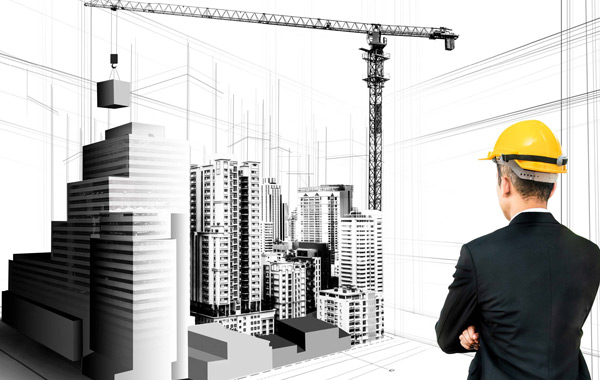By Michael Trendota
Alwington Communities
While builders may have experience developing across the spectrum, an often-overlooked resource during the development process is the input of your property manager. Though they may not have the construction experience, nobody knows the operations of a building like they do. Engaging with an experienced property manager during the pre-construction stage will help save developers money in future lawsuits – and add value early in the design process.
Budgeting for first-year deficit
An experienced property manager can help developers prepare the most accurate budget their project requires in order to begin the sales process. During the post-turnover of the corporation from the developer to the board of directors, the board and manager operate the condominium corporation as per the budget the developer has set years in advance. However, more often than not, the corporation finds that the budget is not sufficient to meet the needs of the corporation. During pre-occupancy, your property manager can help procure all operating contracts, and set the corporation up to succeed in the future.
Proper budgeting will not only help developers avoid reputational damage, but also save them money in lawsuits during the “first-year deficit” in which they must pay back the corporation for the difference between the actual first-year budget and the projected first-year budget.
Design for low operating costs
Bringing your property manager into the design process can also provide developers with invaluable insight to the goings-on of properties that could benefit from design considerations. The main elements that a property manager has experience with are amenities, functionality and attraction.
1. Amenities
Common areas in condo buildings are of major importance in any design. But what developers may not see is how residents use them, and how design may impact that. Property managers have the most accurate understanding of how these facilities – pools, party rooms and lounges – are actually used by residents. With this insight, designs can be tailored properly in order to provide better features, lower maintenance costs, and to avoid any unexpected flaws that might not be apparent on paper.
2. Functionality
The most important element of any building is its functionality, and nobody knows how buildings function better than their property manager. From the required storage space for cleaning supplies to the practicality of certain types of finishes, a property manager brings the hands-on understanding that developers lack. This includes understanding the pros and cons of various systems, which a good property manager can help a developer choose between. They know which pitfalls to avoid, and their personal knowledge can help avoid any unseen crises before they occur – they know better than anyone what works in practice as opposed to what works on paper.
3. Attraction
Though a property manager doesn’t have the same knowledge as an interior designer, there is something to be said for their ability to understand what appeals to different demographics. Regardless of whether your expected buyers are looking to rent to retirees, students, or families, a good property manager has seen what does or doesn’t attract different buyers and renters. With their sales expertise, your design can be more appropriately tailored to attract your desired clientele. After all, a property manager’s job is first and foremost attracting and screening renters. Taking their feedback can ensure your upcoming building will properly meet the needs of its residents.
 |
Michael Trendota is Chief Operating Officer of Alwington Communities, a condominium management firm operating throughout Ontario. |











